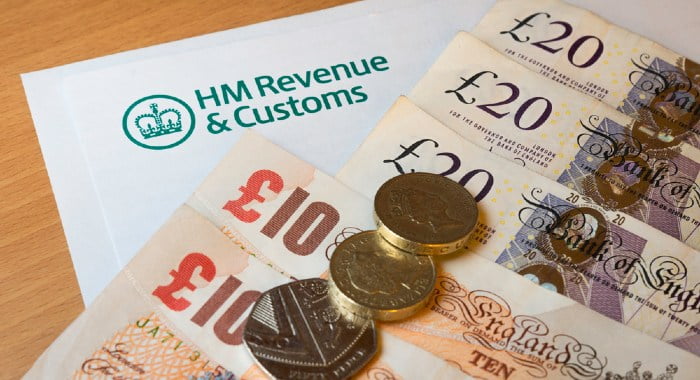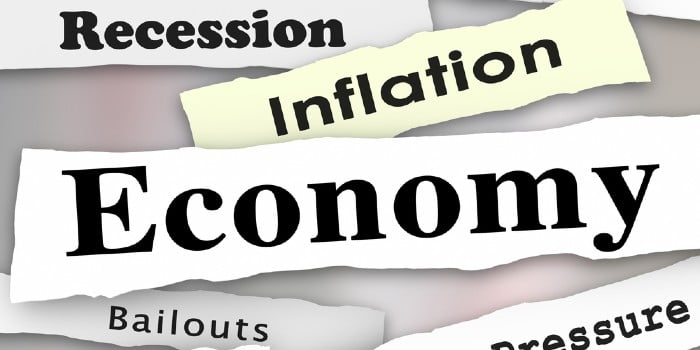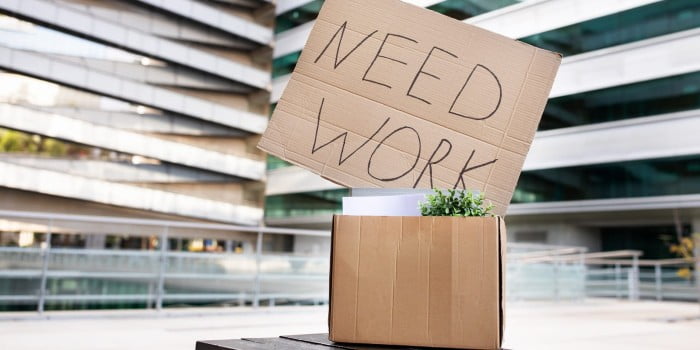Her Majesty’s Revenue and Customs no longer uses debt collectors, instead its systems take money straight out of your earnings and pension income.
The taxman is using special powers to recover unpaid bills directly from wage packets and pensions because the pandemic has made it impossible to deal with rising numbers of tax debtors in person. An investigation by The Telegraph into HMRC’s most extreme enforcement methods has revealed a series of unpublished government figures, which show:
- HMRC has bankrupted around 15,000 taxpayers and businesses since 2016 due to unpaid debts
- It has threatened to take goods from the homes of more than a quarter of a million people and sell them to cover debts at a cost to the taxpayer of almost £1m in auction fees over the last five years
- Official debt collectors have challenged almost two million people on their doorsteps in pursuit of arrears
- The tax authority has seized hundreds of thousands of pounds from taxpayers by taking cash straight out of their bank accounts.
Use of traditional debt collection powers ceased last year because of coronavirus health concerns and a temporary ban on making people bankrupt. But HMRC, using a digital system known as ‘coding out’, is still recovering tax debts by deducting money directly from salaries and pension income, as tax debts soar.
HMRC acts as ‘Big Brother’
Last year, the Government granted the taxman greater powers to ‘collect more debts more quickly’ using the ‘low-cost recovery tool’, which the Revenue uses against taxpayers who fail to pay their debts.
The tax office without notification changed the tax codes of 134,000 debtors and took money from their wages to recover more than £54m in unpaid bills last year, an increase from fewer than 74,000 the previous year.
The Inland revenue targeted more than three times as many people in this way in 2020 as in the year before and collected more than four times as much money. In fact, it has debited more than £200m from the earnings and pensions of more than half a million people since 2016.
Furthermore, it can debit between £3,000 and £17,000 from annual earnings using the coding out system at any time during the year. A limit of £3,000 applies to those earning up to £30,000 which increases by £2,000 for every additional £10,000 earned. The maximum £17,000 coding out limit applies to anyone earning £90,000 or more.
Richard Morley, of tax firm HW Fisher, compared HMRC’s resources and intimate knowledge of people’s finances to the ‘Big Brother’ state depicted in George Orwell’s novel 1984. He said HMRC has the use of a remarkably powerful computer system. The system’s reach and power have grown steadily over time in a Big Brother fashion, which makes it far easier to focus on matters such as the digital recovery of debts, he said.
£1m spent on auctioneers’ fees
Meanwhile, tax debts have soared during the crisis to in excess of £65bn, more than three times higher than pre-pandemic levels. The tax office said it had altered its focus to helping those who were struggling, instead of ‘maximising debt collection’, which marks a distinct shift in its approach in recent years.
Freedom of Information requests submitted by the newspaper found that HMRC made more than 7,000 people bankrupt between 2016 and the start of 2020, as well as 7,500 businesses, yet only a handful last year. It said it used bankruptcy only as a last resort if debts were considered to be ‘irrecoverable’.
Before the pandemic, more than 271,000 people were informed they would have their possessions auctioned off if they did not pay what they owed and HMRC spent almost £1m on related auctioneers’ fees. Over the same period, almost two million people were visited by debt collectors in their own homes.
Last year, as ‘field officers’ resorted to the phone instead, only 3,600 people had face-to-face conversations with HMRC staff. The taxman said all these visits were to business premises and took account of health guidelines.
Around 665,000 people struggling to pay their bills have payment plans in place, known as ‘Time to Pay’ agreements.






